A multi-phase, multi-strand activation programme from RWC 2019’s official logistics suppler saw DHL roll out an ‘Epic’ campaign running through 2018 and 2019 and spanning the trophy tour, grassroots global amateur games, fundraising, gaming, match ball delivery, in-stadium and social initiatives, ticket promotions, plus hospitality and employee engagement programmes.
Territory: Japan/Global
Agency: Bright Partnerships (plus Adrivo and Brand Brewery)
Objectives
Running under DHL’s umbrella ‘Moments that Deliver’ global brand platform which stretches across all of its sports sponsorship and supplier tie-ups and which emerged in 2013 after DHL brand research found that consumers had little emotional connection to the brand.
Thus, DHL’s ambition for the 2019 Rugby World Cup (RWC) was to engage rugby fans globally through emotional moments both on and off the rugby pitch in order to ‘win the hearts of rugby fans globally’.
It also sought to capitalise of the halo effect of the world’s top rugby property to help grow the sport globally from grassroots to elite level by reaching and positively impact as many rugby fans globally as possible.
As the Official Logistics Partner of the tournament since 2011, DHL also set out to showcase it its logistical expertise to the world by helping the tournament run smoothly.
DHLs four primary objectives were:
> Drive fan engagement and reach beyond previous RWCs
> Continue to humanise the DHL brand and celebrate the company’s 50th anniversary
> Celebrate Japan and its debut as the RWC hosts
> Grow the game amongst supporters and players – from professional elite to amateur grassroots
Activation
While ‘Epic Moments’ was a global integrated brand campaign with a single consistent ‘epic’ message across 50 markets, it centred in the host nation Japan – a key DHL market.
Thus planning behind the creative activation was also based on understanding Japanese culture and the country’s attitudes towards rugby: particularly the idea that the Japanese rugby team and its fans embody rugby’s values of fairness, passion and dedication – all core DHL values.
The word ‘Epic’ (from the campaign title) has no direct Japanese translation, so the DHL team introduced the word ‘transliterated’ into Japanese as ‘Epiku’ (エピック).
This created an unfamiliar, memorable creative mark in Japanese characters to run across all DHL’s activations and content pieces which helped drive DHL brand recognition and recall with both Japanese and global rugby fans.
The activation approach was based around being ‘Epic’ – epic in size and epic in impact – and this the campaign was delivered at scale and in volume to win the hearts and minds of rugby fans in Japan and worldwide.
DHL’s multi-phase activation programme began by supporting the RWC Trophy Tour – which saw the Webb Ellis Cup travel to 19 nations.
Also ahead of the tournament, DHL ran an activation strand called #RugbyDelivered which invited fans and grassroots clubs to host their own rugby match for which they were supplied with DHL branded rugby kits.
From among the 2.200 players who participated across 42 countries, two women’s side – one from Japan and one from South Africa – were selected as the overall winners and awarded an epic experience at RWC 2019 which included tickets and coaching sessions by DHL ambassadors Shotaro Onishi (a former japan international) and Sir John Kirwan (a former All Black and World Cup winner).
A third pre-tournament strand was the ‘Race to RWC’: a 21,000km journey by two cyclists riding from Twickenham through 27 countries to deliver the whistle to opening match referee Nigel Owens at Tokyo Stadium. The trip was a fundraising initiative in support of ‘ChildFund Pass It Back’ – a programme developed to promote rugby in Asia – and raised more than €120,000+.
A consumer competition in the form of a user-generated-content promotion in the lead up to the tournament asked fans to share their own best rugby inspired #EpicDelivery via social to be in with a chance to win match tickets.
DHL also scoured the globe via a series of local marketing campaigns to bring 48 children from 24 countries to Japan to deliver the official match ball onto the field of play prior to the kick off of each RWC match.
While in stadiums across Japan, DHL distributed almost 500,000 branded clapper banners designed for the Japanese market for fans to celebrate in-stadium.
Plus, at stadiums across Japan, an #EpicDelivery passing game designed like a Japanese gameshow, based around rugby skills and with a digital scoring system based around power, speed and accuracy. More than 3,000 fans participated during the tournament.
Another at-stadium participatory initiative called ‘DHL Box StackerPRO’ was a virtual reality game designed in a hybrid manga/rugby style which challenged fans to virtually stack DHL and rugby items in a DHL warehouse and incentivised participation through spot prizes of rugby balls and tickets.
While across its own digital and social channels, DHL shared ‘Epic Moments’ from the tournament and then asked fans to vote for their favourite.
In terms of its official supplier role, DHL delivered more than 67,000kgs of freight and 400,000 tickets around the world, plus it supplied a 120-strong fleet of branded logistics vehicles which carried out more than 600 in-tournament freight movements.
It logistics capability and role was promoted through four, Manga-style animated shorts featuring ‘Kyoko’ and her #EpicSquad of DHL colleagues highlighting various aspects of DHL’s role at the tournament including ticket delivery, team logistics and match ball delivery.
Outcome
The brand and agency claimed that the campaign was DHL’s most successful RWC activation to date and achieved all brand objectives and surpassed all target KPIs.
While DHL hosted more than 1000 local guests via its hospitality programme and another 1000 tickets were distributed amongst host market DHL employees.
In terms of global fan engagement and reach, the agency said that the activation’s global media reach was 780 million with more than 500,000 engagements, plus more than 30m social impressions, 6.1m video views and a further and 2.5m digital engagements.
In Japan the brand claims that 4,700 fans actively participated in the campaign in-stadium, while the brand’s Japanese inspired content series and in-stadium activations helped drive more than 12,000 new DHL Japan Facebook followers.
Furthermore, around 450 media articles across Japanese TV and press generated €4.5m in media value.
DHL, while declining to share figures, reports ‘significant increases in business revenue’ from the tournament, it did state that ‘employee engagement levels from DHL Japan were unprecedented’.

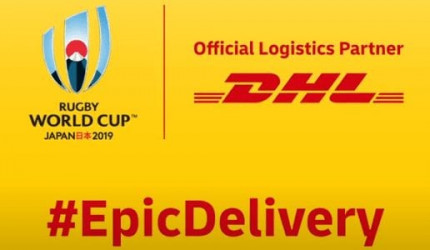


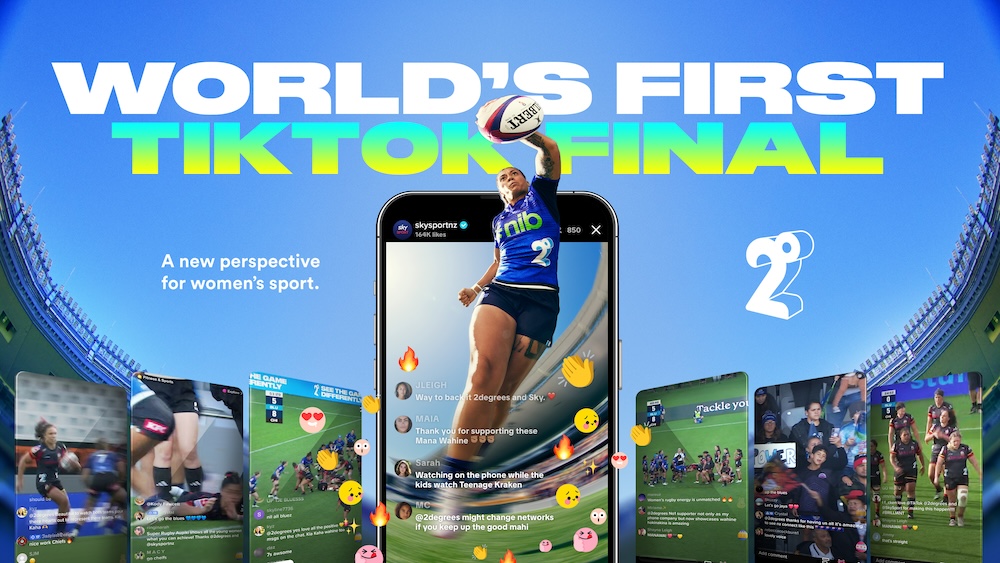

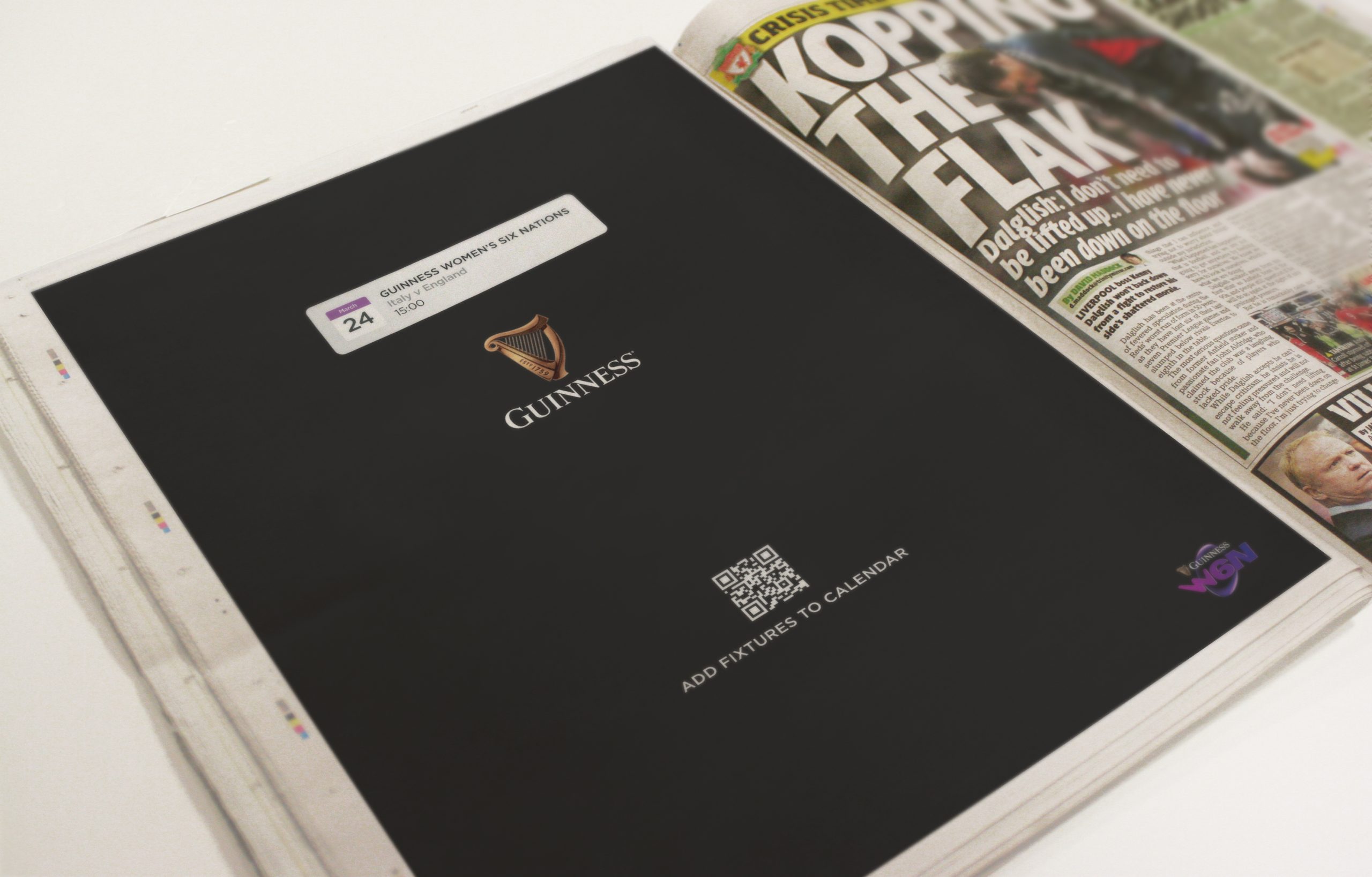
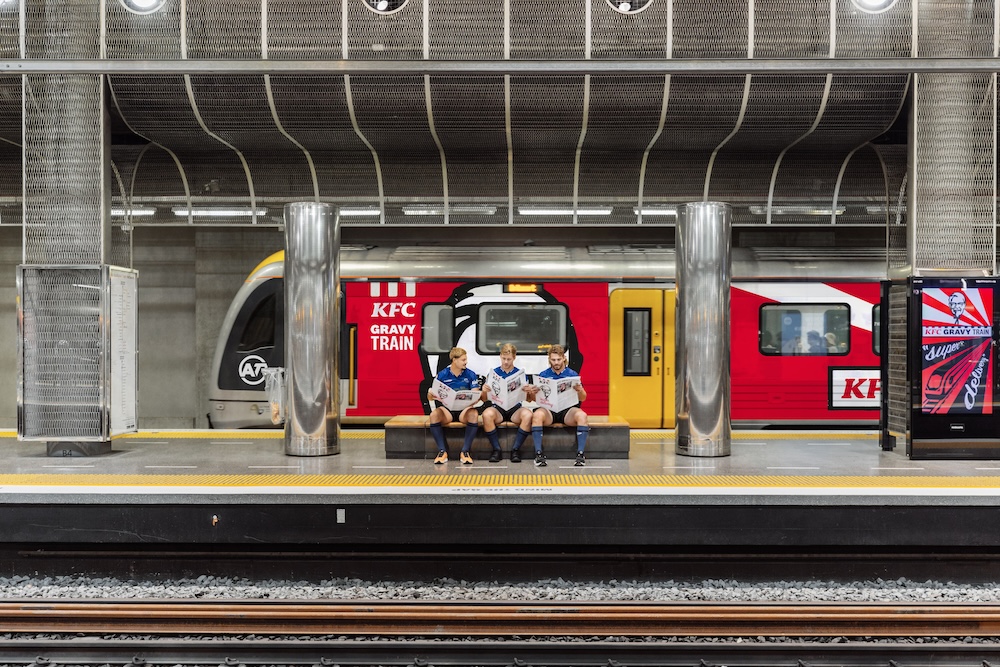
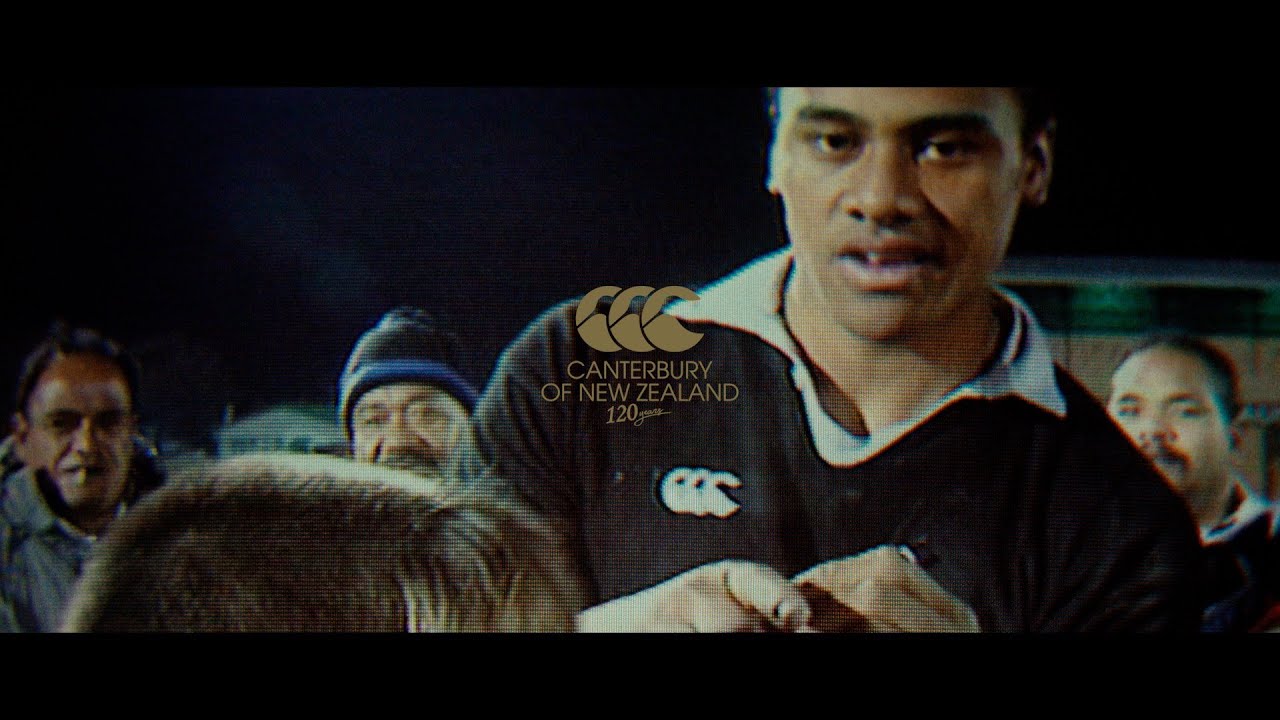
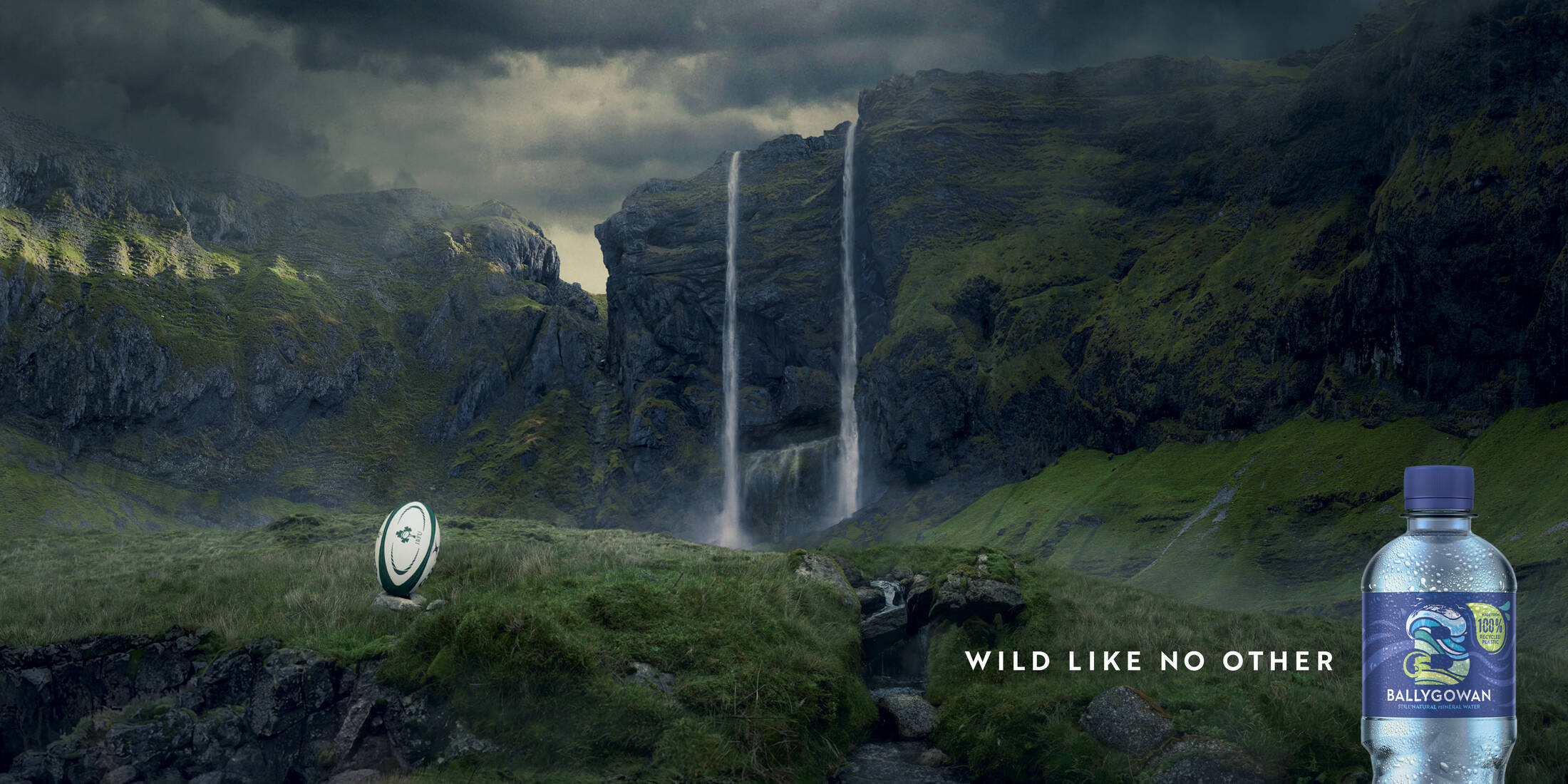
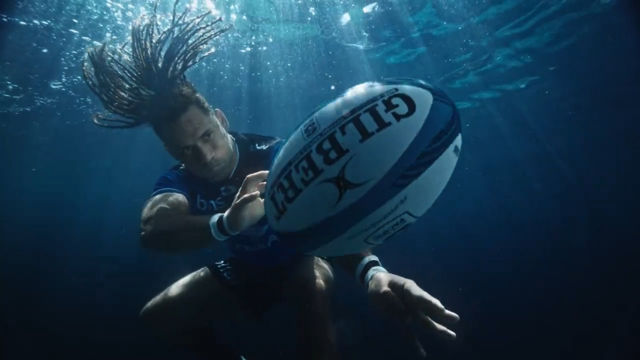
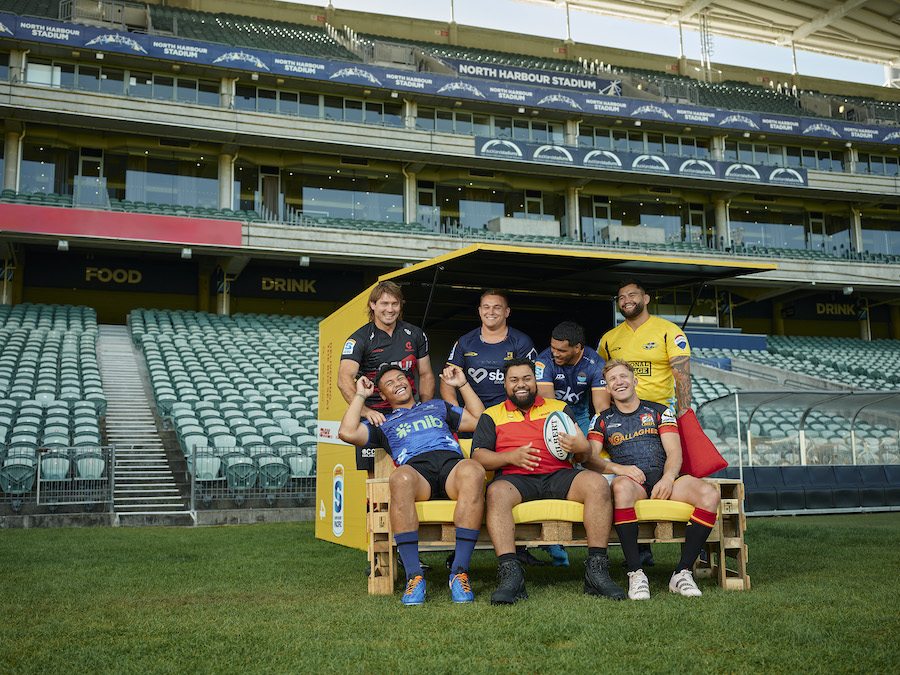

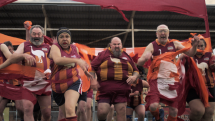










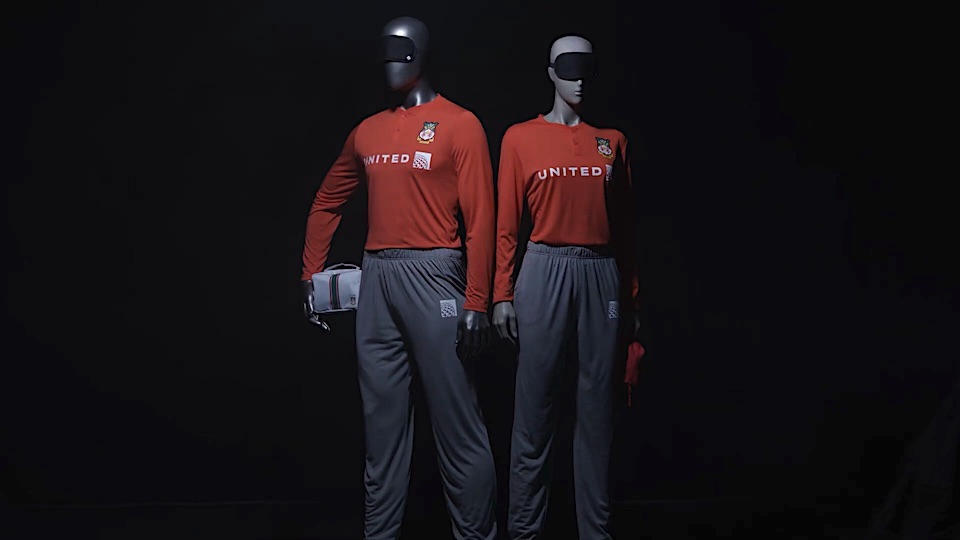

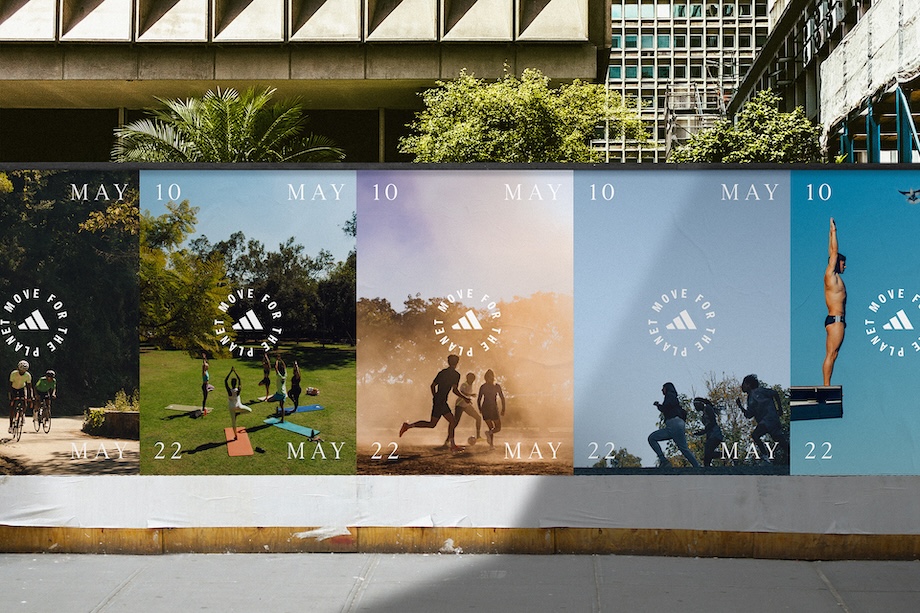
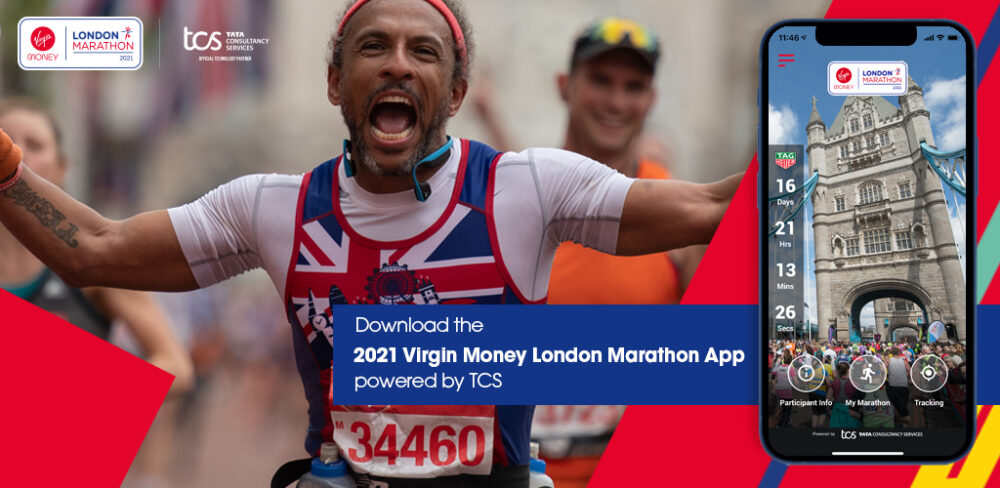
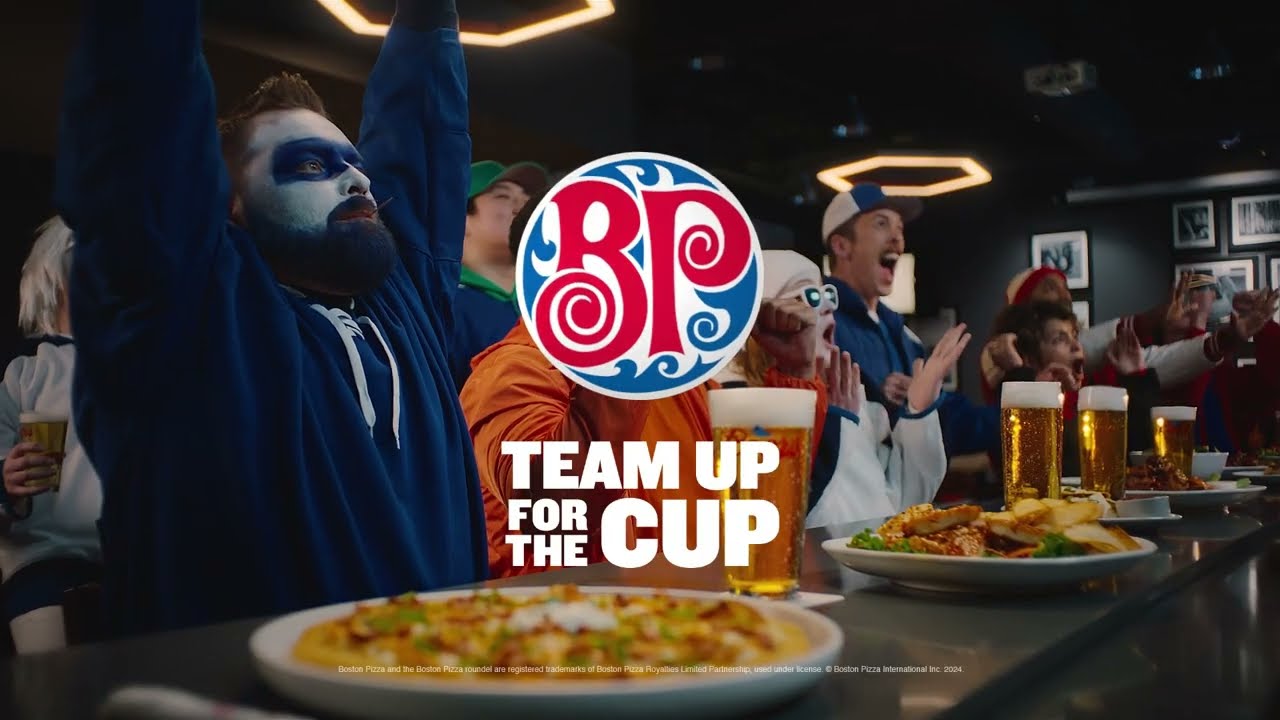
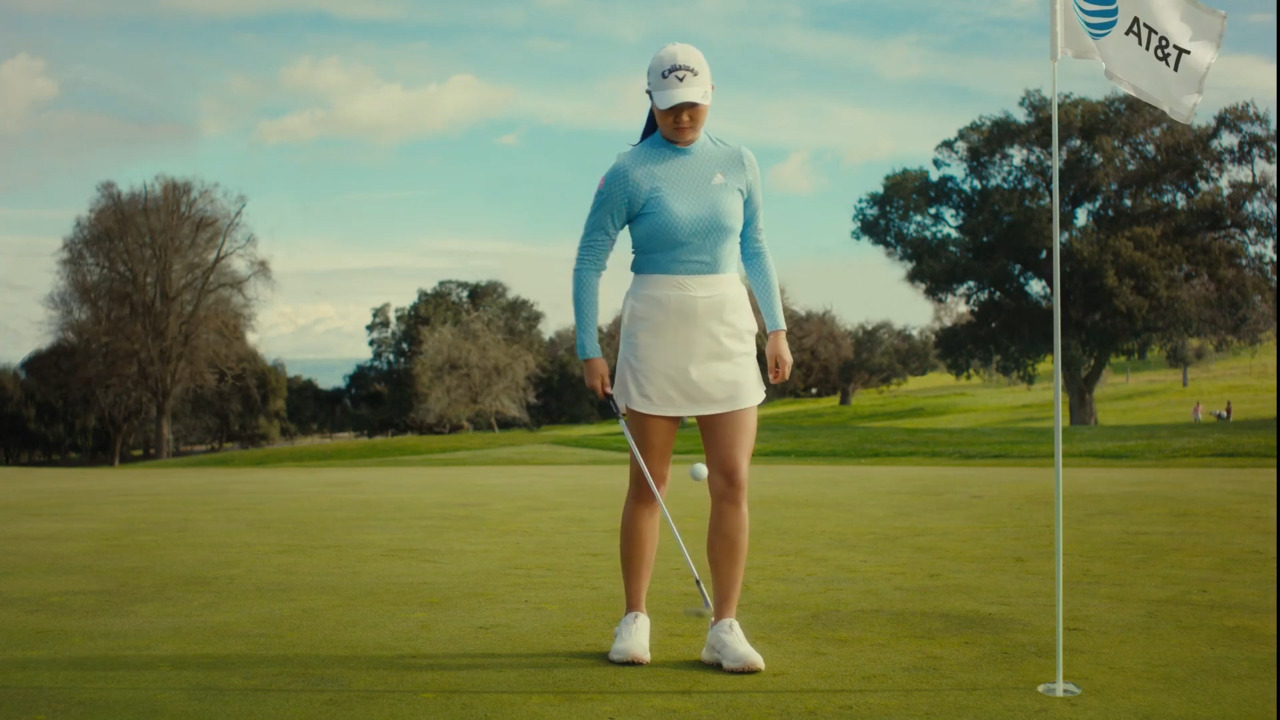
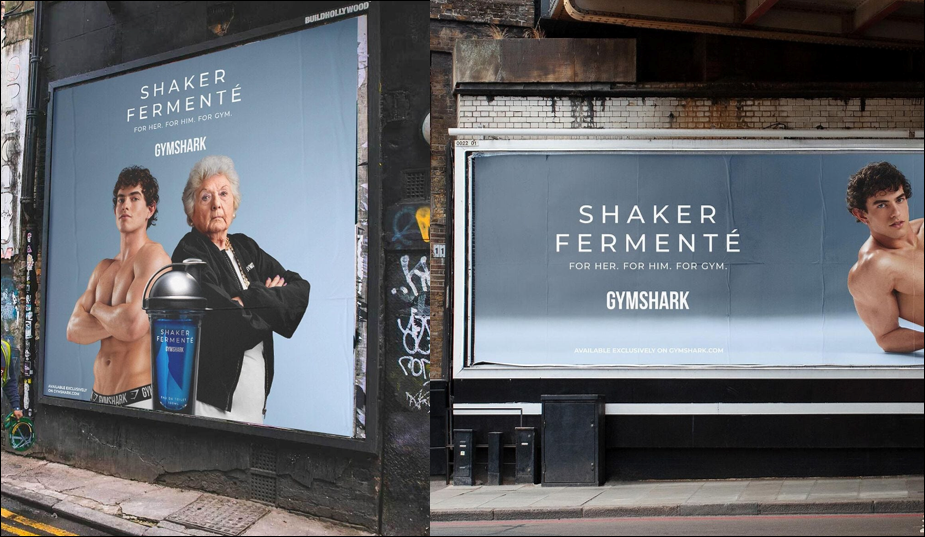
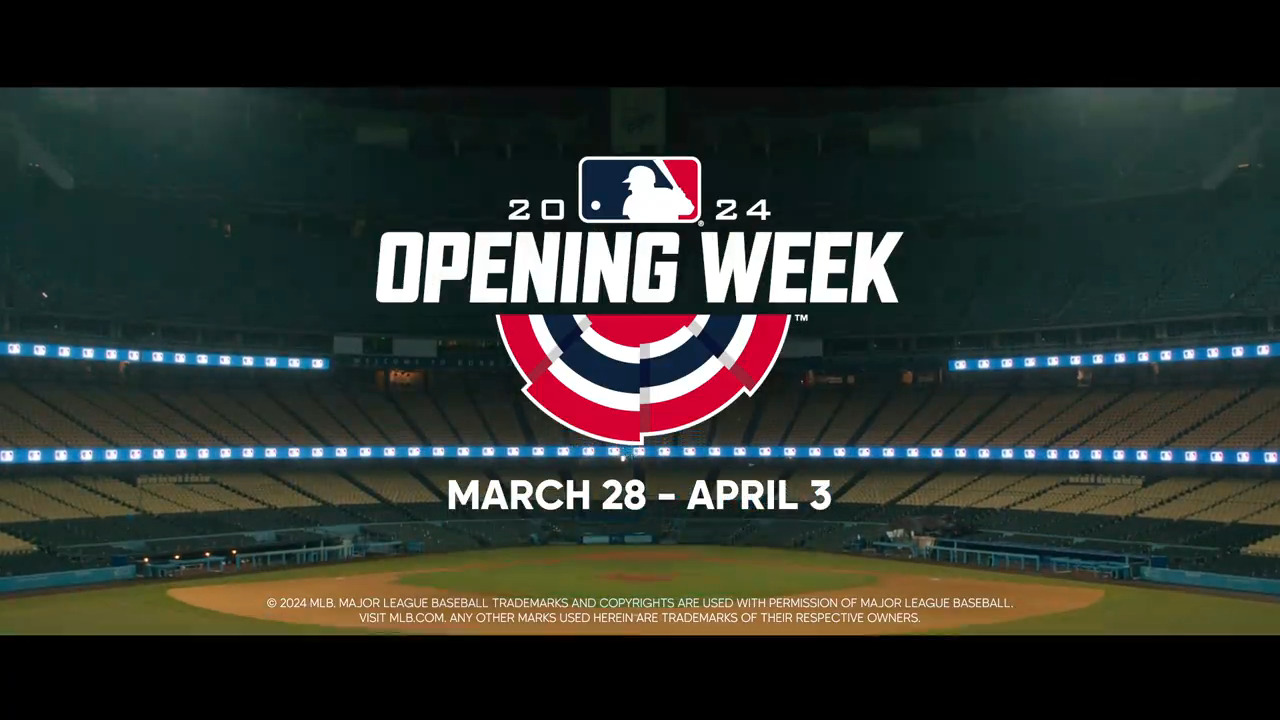
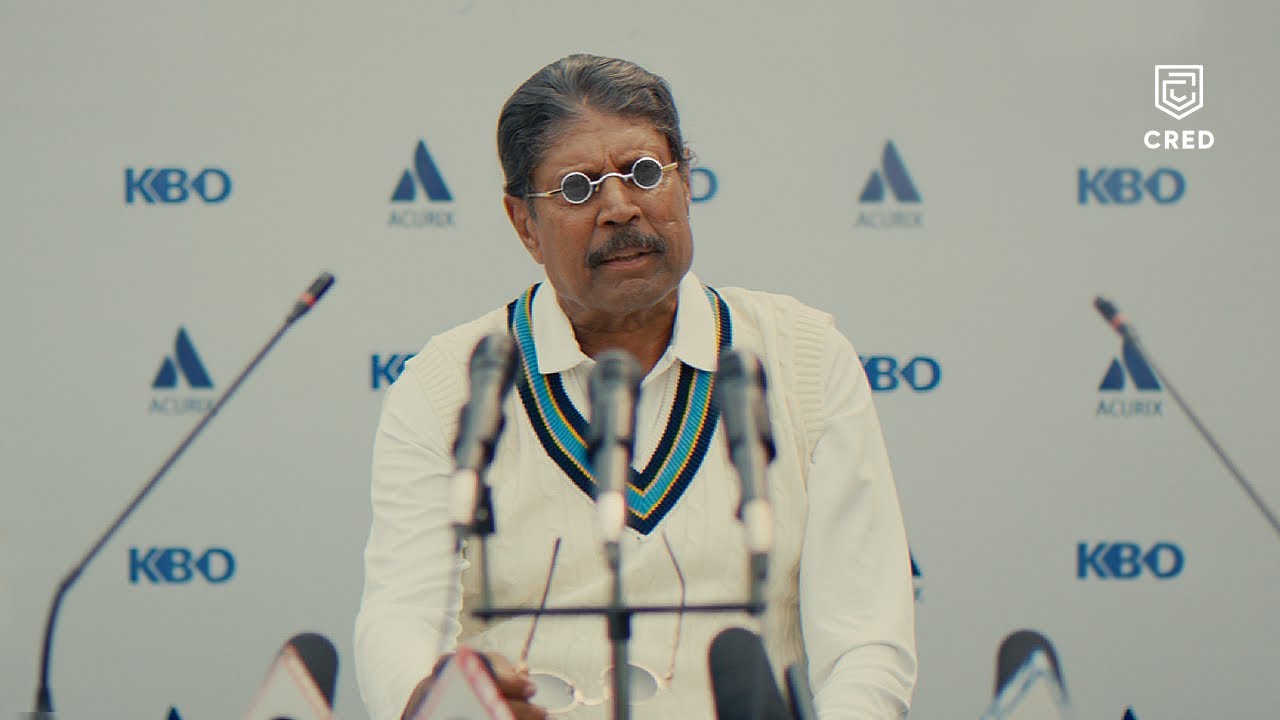
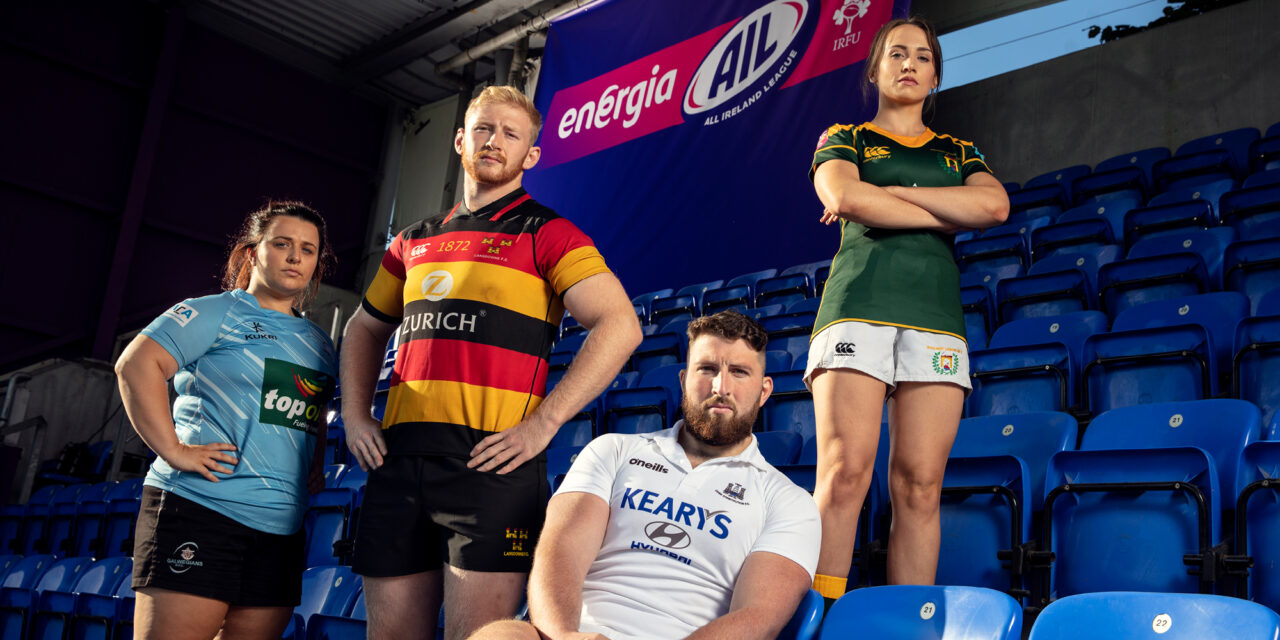
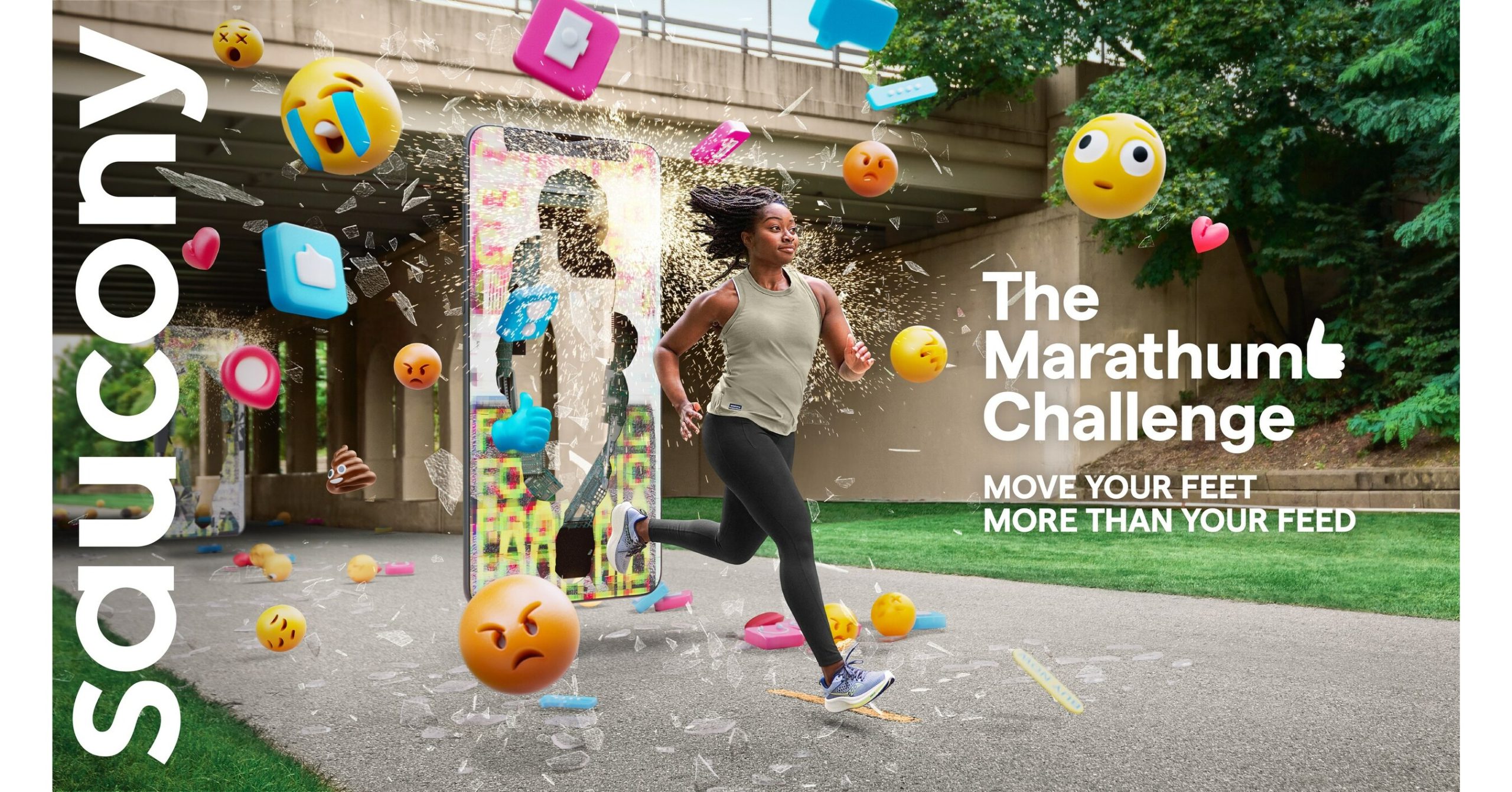
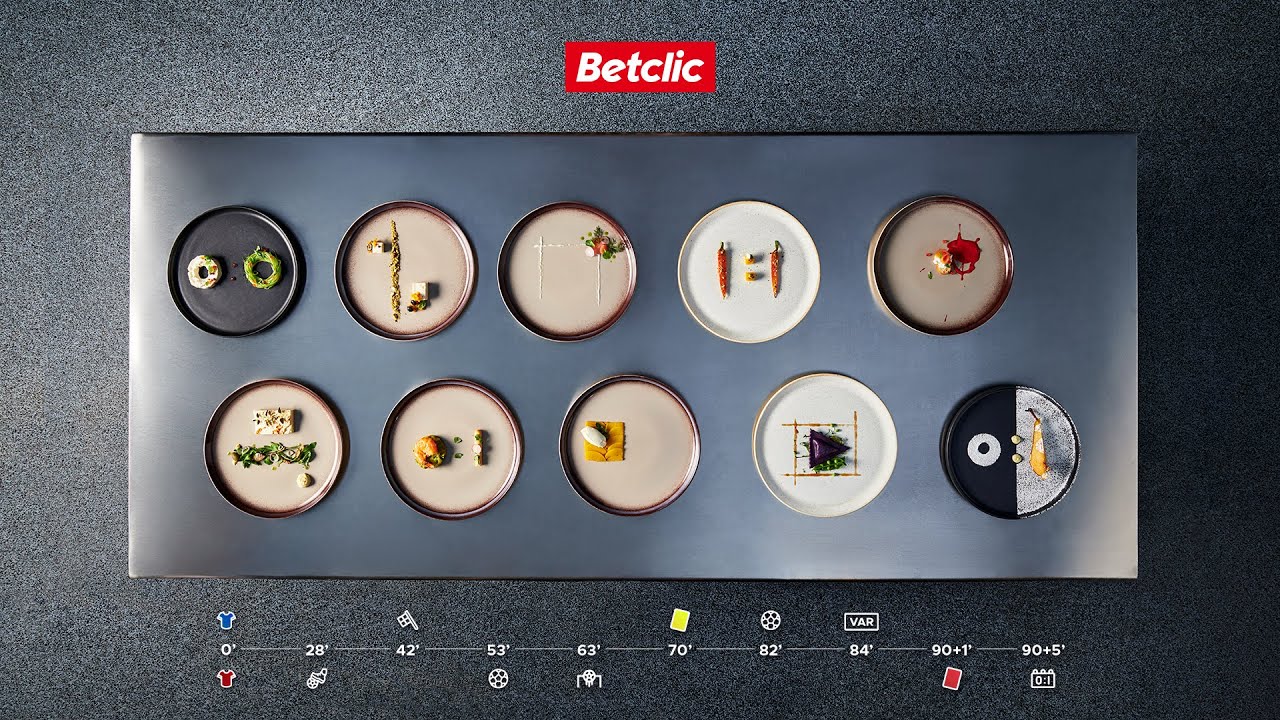

Leave a comment
You must be logged in to post a comment.